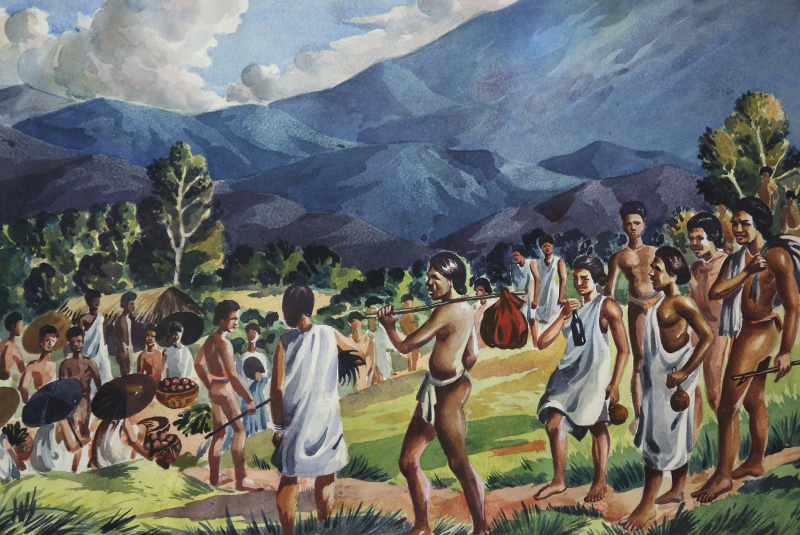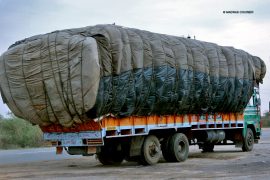On 13 February 2019, India’s Supreme Court directed the State governments to evict more than 1 million Adivasis across 17 states before 27 July 2019. The order was issued based on the petitions filed by the Bombay Natural History Society and Wildlife First in 2008 which claimed that a law passed by the Indian Parliament in 2006 had led to unbridled encroachment of forest land, and demanded the eviction of individuals whose claims had been rejected under the law.
At the centre of the controversy is the Scheduled Tribes and other Traditional Dwellers (Recognition of Forest Rights) Act, 2006, or the Forest Rights Act, which recognizes and secures community and individual rights, including the right to hold and live in forest land, among others. The Act empowers people who rely on forest produce for livelihood or have been residing in forest lands for over 75 years to have a rightful claim to these lands. In other words, the legislation recognizes Adivasis as critical stakeholders in the management of forest lands.
Adivasis, a collective name used for diverse indigenous groups, are not a homogenous group by any means: they comprise over 200 distinct people who speak more than 100 languages, with widely varying cultural practices. They predominantly reside in mountainous or hilly areas, with the highest concentration in the central Indian states, according to India’s 2011 Census.
As a group, the Adivasis constitute one of the earliest inhabitants of the sub-continent, despite their subaltern status in modern Indian society. Following the invasions of the Indo-Aryan tribes approximately 3,000 years ago, they were pushed into remote, hilly areas; the process of encroachment of tribal lands that started then continued unabated over the centuries, with the British colonialists accelerating the process in recent centuries.
Copyright©Madras Courier, All Rights Reserved. You may share using our article tools. Please don't cut articles from madrascourier.com and redistribute by email, post to the web, mobile phone or social media.Please send in your feed back and comments to [email protected]











